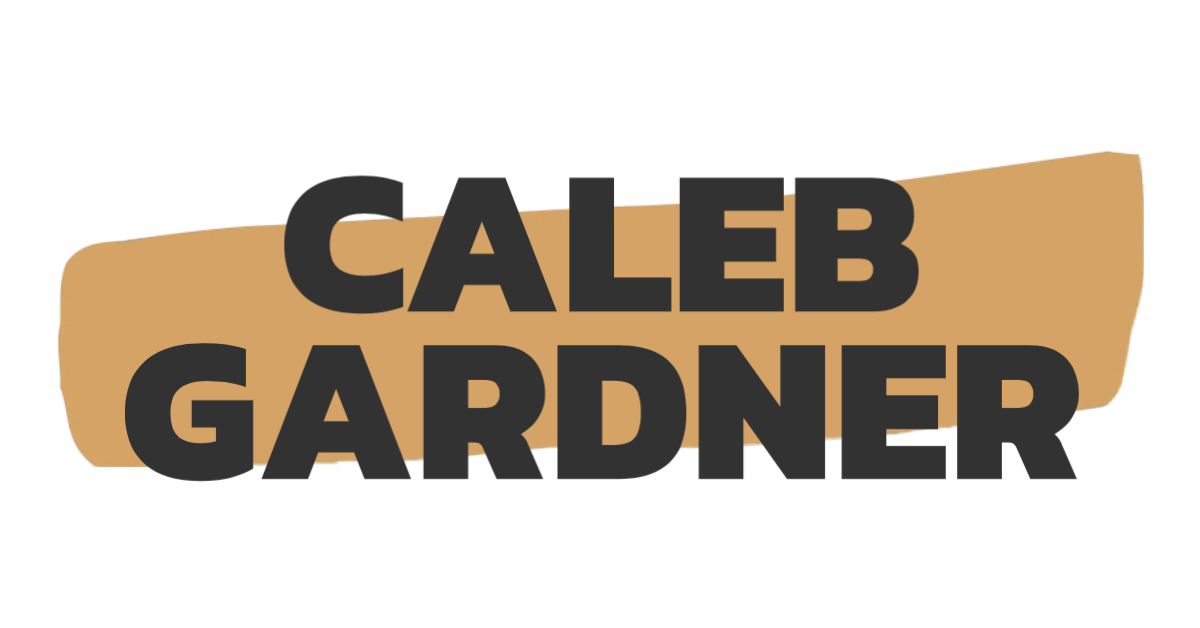The digital-ethical divide
Earlier this week I spoke at a class at Loyola University on Ethics & Communication—a topic highly relevant to our time. I was specifically asked to give my opinion on “Ethics in a Digital World.”
Here’s what I listed as the five biggest issues that concern me right now:
Information flow and social sharing: How do we make informed democratic decisions when we have no shared version of the truth? We have to find a way to both bridge the digital education divide—what I and others have called “digital citizenship”—and continue putting pressure on the social platforms that drive our news consumption to own their editorial responsibilities.
The ownership of data: Whether “data is the new oil” (or not), we haven’t yet reconciled with our individual data rights. Should we consider data a new form of labor, as Eric Posner and Glen Weyl would have us believe? Maybe. I’m not so sure we even understand how to assign value to it, much less regulate it.
How we define privacy: Speaking of our personal data, we have to come to a shared understanding of privacy in a digital world. We’re all over the place right now, legally and otherwise, because the ground is shifting underneath us. Thirty years ago we could walk down the street with a reasonable expectation that no one would be listening, watching, recording. surveilling. Now we can’t even expect that in our workplace.
How we control the growth of A.I. (or not): Similar to our data rights, there are a ton of differing opinions about the promise and/or threat of artificial intelligence. But one thing’s for sure: we have legislators right now that are incredibly unprepared to wrestle with its implications for the labor market, much less whether or not it represents an existential threat.
The regulation of digital giants: Saul Alinksy claimed the two ways to build power are through money or people. The giant companies that control our lives have both. When and how to regulate that control affects every other issue listed here.
I’ve been asked a lot lately about whether or not I’m optimistic or pessimistic about technology in general right now, and I usually answer “cautiously pessimistic.” Historically speaking, we’re in the growing-pains era of the internet’s dominance over a newly connected society. We haven’t yet reckoned with this incredible power we’ve been given.
How quickly we can be bold in our response to today’s problems will determine what the future holds. So far, we’re very behind.
